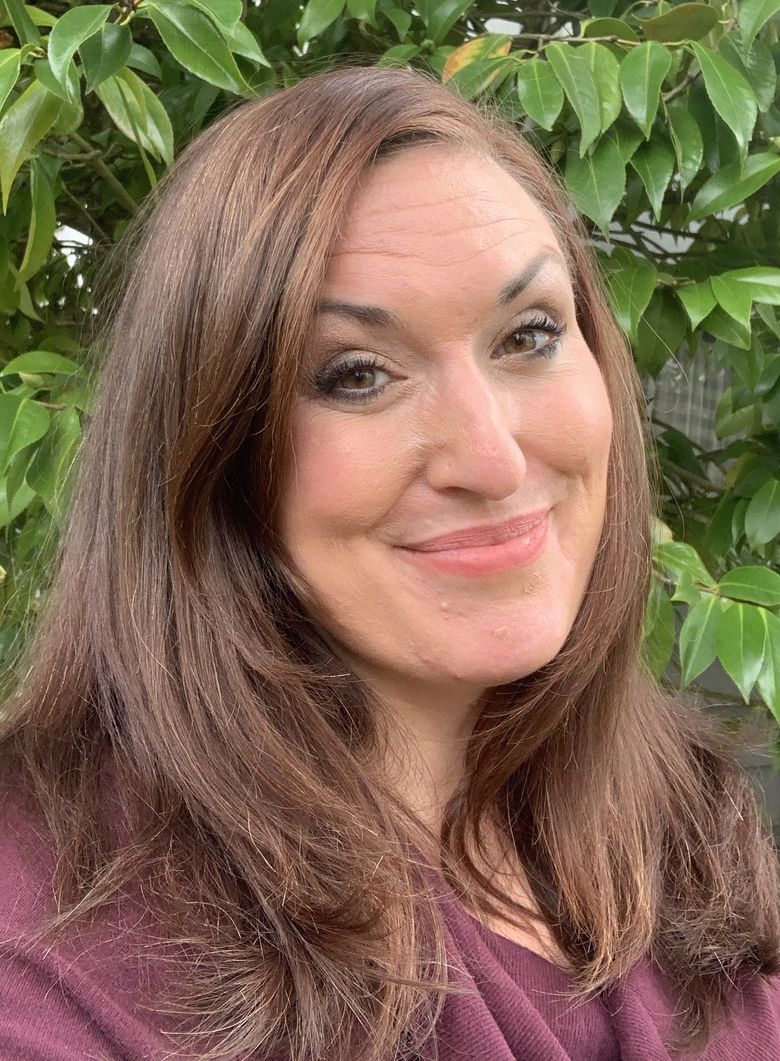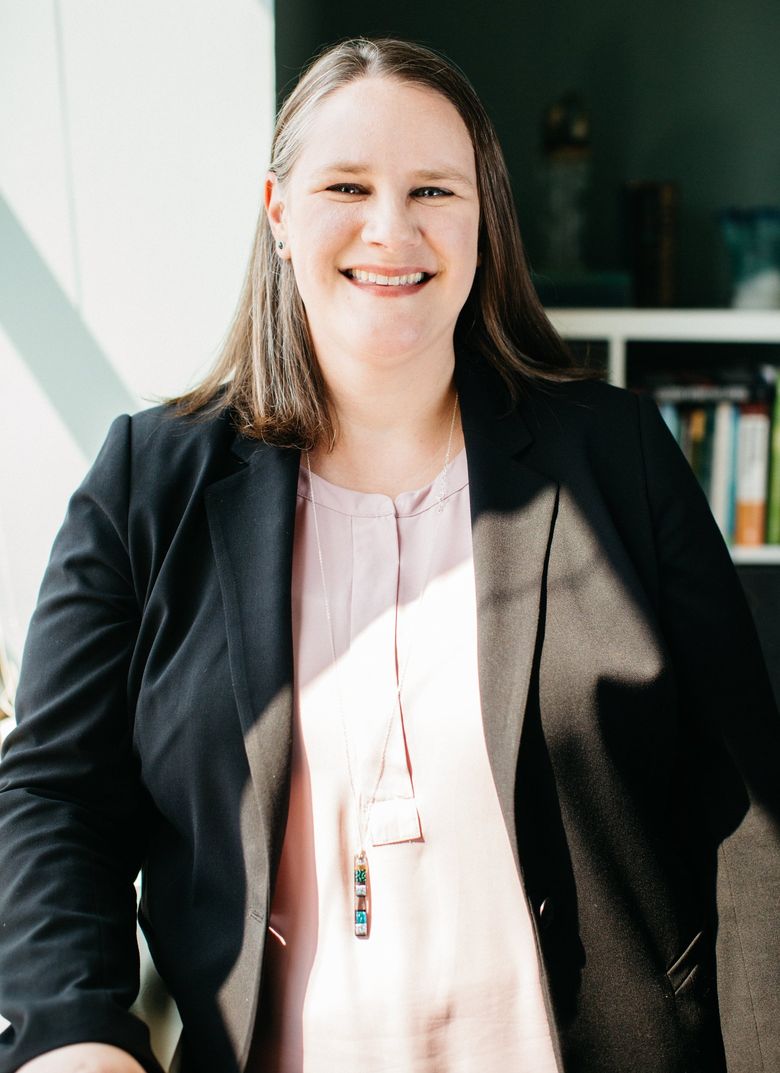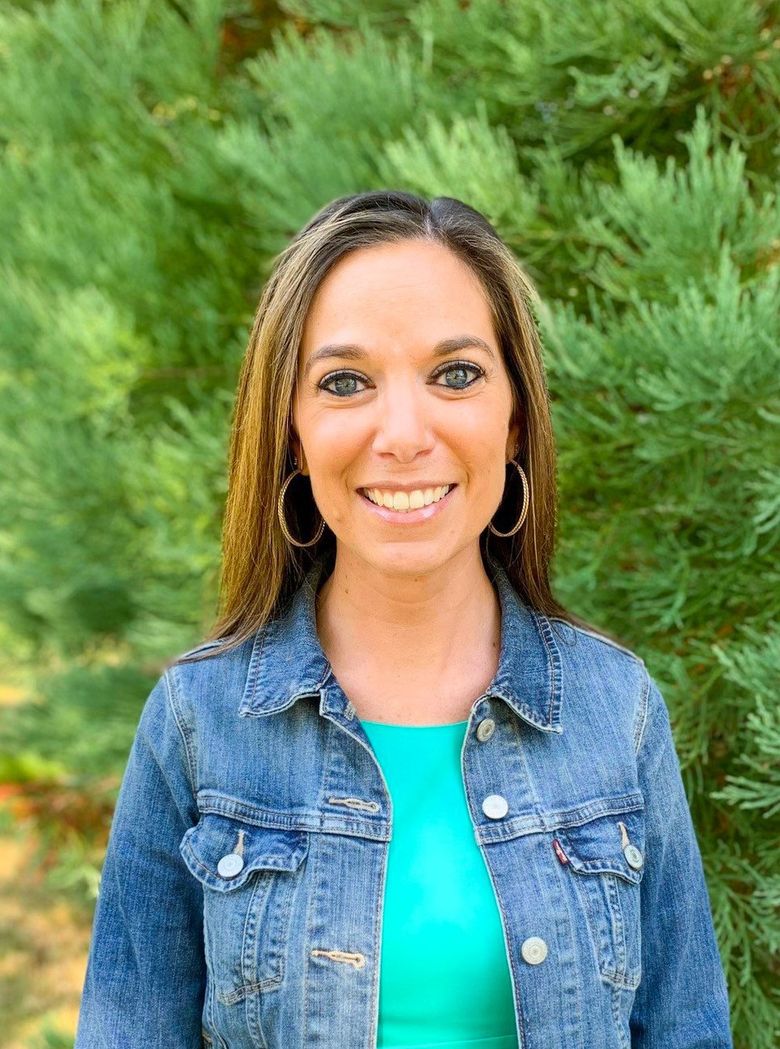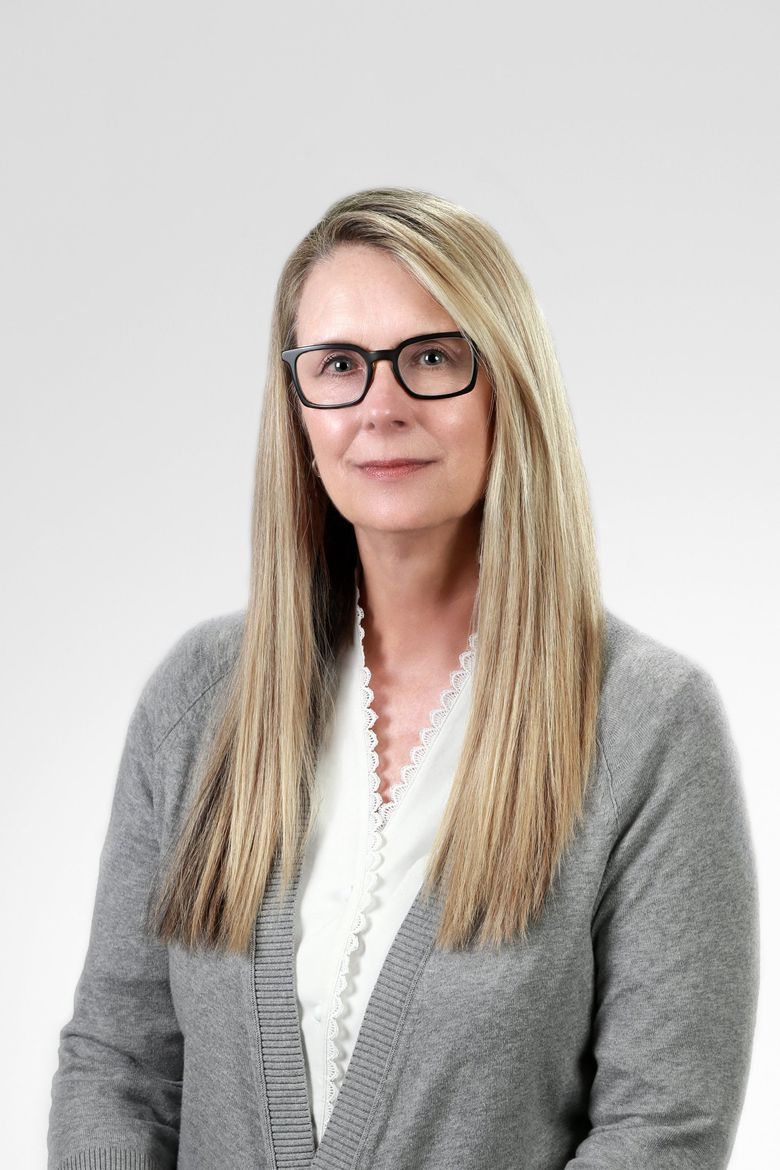
#SeattleTimes #MentalHealthProject engagement editor

The #MentalHealthProject is a #SeattleTimes initiative focused on covering mental and #behavioralhealth issues. It is funded by Ballmer Group, a national organization focused on economic mobility for #children and families. The #SeattleTimes maintains editorial control over work produced by this team.
Washington’s #mentalhealthworkers are leaving their jobs in droves.
“We need to be able to keep staff and retain and recruit them. Without doing that, we won’t be able to serve the community that we do,” said Jose Lopez, director of inpatient services at Comprehensive Healthcare in Eastern #Washington.
The biggest challenges to recruiting and retaining #mentalhealthcare workers are low wages and feelings of exhaustion and #stress, providers say. Salaries are not keeping pace with the cost of living and the high-pressure needs of the job.
But people who work in the industry say there are tangible, achievable changes that would make a difference.
As #Washington lawmakers work their way through the 2022 legislative session and explore ways to improve #mentalhealthcare in the state, The #SeattleTimes spoke with professionals in the field about potential solutions to stymie an exodus of #mentalhealthworkers and attract new people to the industry.
#JamesDonaldson notes:
Welcome to the “next chapter” of my life… being a voice and an advocate for #mentalhealthawarenessandsuicideprevention, especially pertaining to our younger generation of students and student-athletes.
Getting men to speak up and reach out for help and assistance is one of my passions. Us men need to not suffer in silence or drown our sorrows in alcohol, hang out at bars and strip joints, or get involved with drug use.
Having gone through a recent bout of #depression and #suicidalthoughts myself, I realize now, that I can make a huge difference in the lives of so many by sharing my story, and by sharing various resources I come across as I work in this space. #http://bit.ly/JamesMentalHealthArticle
Here are four of their ideas.
More regulations for insurers
Many therapists say they can’t afford to accept clients whose insurance companies reimburse providers for their services at low rates. That means they sometimes have to turn away #patients in need.
Sarah Yeates, a #nurse practitioner in #Bellevue, said allowing #mentalhealthcareprofessionals working in private practice the ability to unionize or form a coalition to negotiate directly with insurance companies could help.
“It doesn’t make sense for individual providers to not have any negotiating power in this relationship,” she said.
Yeates said insurance companies are also more commonly asking for extensive paperwork for cheap and common medications.

Insurers are more often requiring providers to justify that a #patient needs services or a specific medication through a process called prior authorization, Yeates said. Sometimes, that means filling out forms and plugging in data, previous medications and services, and notes from a patient’s medical chart. That process can take about 20 minutes, she said. Spending that time on more paperwork often means less time for #patients.
“We’re working harder than we ever have,” Yeates said. “We’re getting paid less every year while all of our costs are going up.”
Allowing interns to get paid
Therapists, especially those working with marginalized populations, provide specialized care. It makes sense that they need a certain degree of training and expertise.
However, these high-#stress jobs, which usually require a master’s degree, often pay low salaries. Graduates may be carrying $50,000 in #student loan debt but enter into a job in community #mentalhealth making $34,000 per year.
Kristen Houston, the associate dean of academic administration at The #Seattle #School of Theology & #Psychology, said she “would love to see the ability for students to be paid while they’re interns in #school.”

#Washingtonstate, like others, requires #students to complete an internship while under the supervision of a school to become a licensed #mentalhealthcounselor or licensed clinical #socialworker. However, state law requires those #students to volunteer those hours.
“So they’re often working at an internship site for 20-plus hours a week for no pay. While they’re in graduate #school also paying tuition, not able to work a full-time job because they’re devoting all this other time into an internship and schoolwork,” Houston said. “That’s a major barrier, especially for folks who are already coming from marginalized groups, or don’t have the resources to stop working for a year of their life.”
Houston also said she would like to see more standardization of licensing requirements across states, so someone moving to #Washington or from #Washington doesn’t have to start over with classwork.
Expanding peer counseling
Peer counselors — whose work is informed by their own personal experiences with mental and #behavioralhealth — provide critical support for individuals and families who are seeking help, said Megan Boyle, director of children’s intensive services at Compass Health.

Families feel the personal connection, and peer counselors, who are paid, help families see hope “that they can come out the other side from a really difficult experience,” Boyle said.
“If we had a larger peer workforce, I think that that could be really valuable to the #behavioralhealth system in general,” she said, adding that there are challenges that could be inadvertently preventing people from getting certified as peer counselors.
To expand access to peer counselor training, Boyle suggested offering courses at different days and times, “so people who are working or have families have additional opportunities to attend classes.”
Simply asking people who are waiting for classes what it would take to make the certification easier to attain might reveal other barriers.
“We could also do a better job of communicating how important this role is,” Boyle said. “There are so many people who could be really great in this role, but they don’t even know it exists. Making sure that there’s an awareness of this as a potential resource and job opportunity could be awesome.”
Changing the compensation model
Community #behavioralhealth centers, like Compass Health, Comprehensive Healthcare, Frontier #BehavioralHealth and Sound, provide #mentalhealthcare and substance abuse treatment for low-income populations. One of the biggest challenges these centers face is providing sustainable wages for their staff.
Turnover at these organizations has grown even higher during the #pandemic, and leaders say workers are leaving for higher-paying jobs in private practice and large hospital systems.
To keep workers on staff, executives want #Washingtonstate to transform the individual organizations into Certified Community #BehavioralHealth Clinics, or CCBHCs.
A CCBHC is a clinic that provides #mentalhealth and substance use disorder treatment to patients regardless of their income level. To do so, these centers receive an increased Medicaid reimbursement rate based on their anticipated costs of expanding services, which includes hiring new staff and paying employees a competitive wage.
They’re modeled similar to federally qualified health care centers, which provide extensive physical health services for a similar population of clients.
“The funding mechanism allows us to really address the shortfalls that the Medicaid rate creates for us, frankly,” said Jodi Daly, CEO of Comprehensive Healthcare.

Her organization received an expansion grant through the program to explore its possibilities. She is also a member of Fourfront Contributor, a coalition of four of the largest community #behavioralhealthproviders in #WashingtonState that has joined together to influence public policy.
To receive the funding, which is administered by the state, the clinics must also submit data, adhere to federal and state criteria, and provide specific services for people in need.
#Gov.JayInslee has proposed a budget proviso to study statewide implementation.
We’d like to hear from you.
The #MentalHealthProject team is listening. We’d like to know what questions you have about #mentalhealth and which stories you’d suggest we cover.
Get in touch with us at mentalhealth@seattletimes.com.




